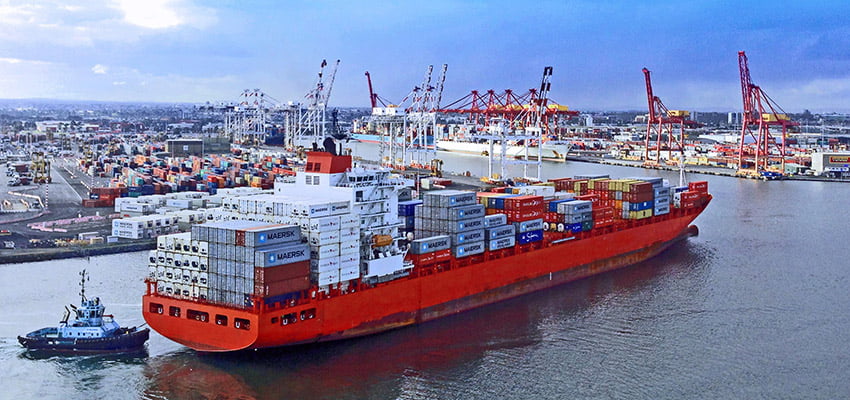EXISTING workforces need to be upskilled and “future proofed” to cope with the pace of technological change in the shipping landscape, a new report states.
The second Sea Asia industry insights report, ‘Technology in Maritime: Dehumanising the Industry or Creating New Job Opportunities?’ was launched recently ahead of the biennial Sea Asia conference and exhibition.
International Chamber of Shipping president of the Singapore Shipping Association Esben Poulsson said leaders needed to ensure existing staff received the necessary training and upskilling.
“It is important that the maritime industry has the right people with the right skills to effectively harness new technologies,” Mr Poulsson said.
“Initiatives like the Maritime Cluster Fund by the Maritime and Port Authority of Singapore are key to making sure that the current workforce has the opportunities to further enhance and improve their skills,” he said.
“Industry leaders need to also work with educational institutions to ensure that our next generation of workforce is equipped with the right skills and knowledge to propel the maritime industry forward in a technological world.”
Executive director of the Singapore Maritime Foundation Kenneth Chia said while technological innovations were making some traditional roles redundant, this does not mean all workers would be replaced.
“It is more evident that technology is altering traditional maritime jobs and changing the types of skills that are needed in the maritime industry, as opposed to it completely removing jobs for the current workforce,” Mr Chia said.
“The instinctive knowledge of an experienced industry worker is hard to replace, even with advanced technology. For example, even though we may need a lesser number of crew members working on board a vessel with smart shipping technologies, a larger group of skilled employees is also needed to work onshore so as to remotely manage what is happening out at sea.”
Seatrade chairman Chris Hayman said with automation and technology set to play a key role, the risk of dehumanisation and need for future-proofing would be up for discussion at the Sea Asia 2019 conference to be held in Singapore.
“We need to have a good understanding of the new skills needed in the industry and more importantly, where talent with these skills can be found so that we can be well-placed to attract them to work for our changing industry,” Mr Hayman said.
Sea Asia 2019 is scheduled for Singapore from 9 -11 April 2019 at Marina Bay Sands.

